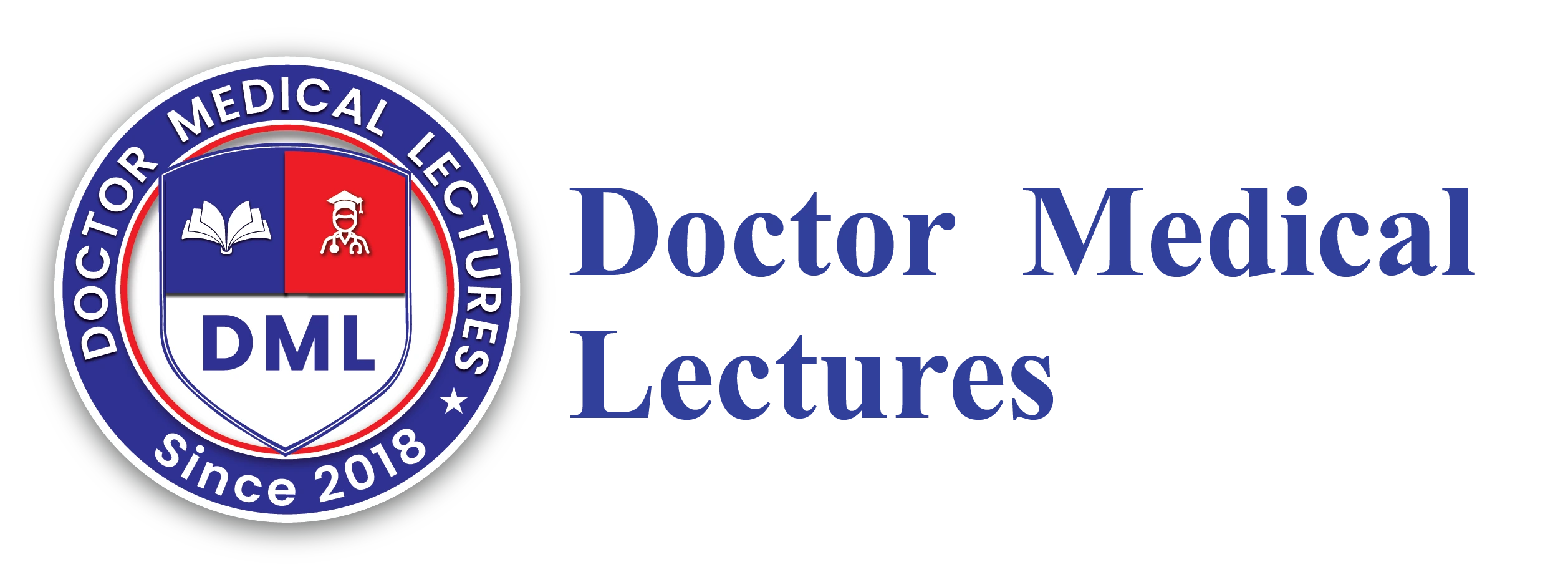Introduction
For international medical graduates (IMGs), the journey to work as a medical practitioner in the United States can be daunting and lengthy. One of the key milestones is passing the United States Medical Licensing Examination (USMLE) Step 1. The NRE Step 1 Rule stipulates that all medical graduates, and particularly. Those from overseas medical schools, must clear this gate to progress in their careers.

This regulation primarily serves as a key gatekeeper to determine. Whether a candidate indeed possesses the vital and fundamental knowledge of the essential concepts of basic and applied medical and surgical science. Moreover, this article covers all details related to the NRE Step 1 Rule. Including its impact and significance, prerequisites, as well as long-term career strategies. Furthermore, it highlights the important implications it poses for professional medical practitioners who wish to practice beyond their home countries.
What is the NRE Step 1 Rule and Its Purpose?
The NRE Step 1 Rule is a fundamental component of the licensing in the United States and requires that. An international medical graduate has to pass the USMLE Step 1 exam before attempting the Step 2 Clinical Knowledge and any clinical training. Its objectives are firstly to evaluate the medical knowledge of the applicant and secondly to determine readiness for clinical education and practice. In addition, this rule helps in additional pre-screening to guarantee that only candidates with the required medical knowledge are admitted. Therefore, such measures are necessary for maintaining the security and integrity of the healthcare system.
The NRE Step 1 Rule Reason of Creation
The fragmentation of medical licensure began in the 1990s. When authorities introduced the USMLE as a common exam for the entire nation. During basic medical education, students focus on basic sciences, which play a central role in medical practice and are essential for a candidate’s understanding. To adapt to the changing educational landscape and the internationalization of education, authorities introduced the NRE Step 1 Rule to ensure that graduates educated outside the country receive equal consideration as their American-trained peers.
Who Meets Criteria Under the NRE Step 1 Rule?
The NRE Step 1 Rule concerns mostly international medical graduates located outside the United States and Canada. They have to earn their degree from international medical schools. These learners are required to pass Step 1 for ECFMG Certification and to be eligible for residency programs. Additionally, this rule applies to some US medical graduates because they must meet it as a prerequisite for obtaining a license. The rule ensures that all candidates, regardless of their training, meet a universal pre-training critical benchmark in minimum essential patient care knowledge.
Dissection of the USMLE Step 1 Exam Parts
As in other components, the Step 1 exam and other important medicine subjects are tested. These subjects include anatomy, biochemistry, microbiology, pathology, pharmacology, physiology, and behavioral sciences. Moreover, the exam measures a candidate’s capability to apply scientific knowledge to diagnose and resolve clinical challenges. Step 1, like other components, includes sections with multiple-choice questions that require candidates to apply knowledge from various fields to medical issues.
Significance of Step 1 in Securing Residency and Licenses
In the case of medical graduates, Step 1 is important as it unlocks the evaluation and clinical rotations for the candidate. During their college years, residency applicants undergo continuous assessment based on their Step 1 scores, which at this stage either enhance or diminish their chances of securing a competitive position. In addition, program directors almost always cite the USMLE Step 1 score as a major benchmark of medical knowledge skills. This score plays a crucial role in evaluating candidates for further clinical training and advancing their careers within US specialty pathways. Step 1 cleared is a must for every stage of American career progression in medicine.
Eligibility Criteria and Application Stage
Step 1 USMLE has specific pre-qualification requirements tailored for IMGs. Applicants must either enroll in the final year of a medical school listed in the World Directory of Medical Schools or complete their studies. The ECFMG handles registration and verifies the medical diplomas and certificates against the applicants’ medical training. This includes the intricate process of providing the necessary documents such as resumes, diplomas, or a national ID regarding the claimed education to evaluate the credentials.
Exam Format and Marking System
Regarding the USMLE Step 1, there is a computer-based component to the test that lasts a maximum of 8 hours and is divided into sections. It also includes around 280 multiple choice questions blocks designed to assess the candidate’s knowledge and critical thinking skills, and a computer-based test of 8 hour maximum divided into sections. Scoring also follows a three digit system of 1 to 300. Each USMLE program has a custom baseline that is eligible for change. Scoring is essential for matching to competitively rated residency programs.
Special Concerns of International Medical Graduates
International medical graduates (IMGs) have specific concerns with the Step 1 exam. Culture, language, the medical training system, and the exam itself all impact readiness. On top of that, balancing personal and/or professional commitments adds another level of complexity. To make the most effective plans, one must ensure to overcome these challenges this critical stage.

Best Steps to Take for Preparing for Step 1
Preparations for Step 1 need a strategic method. Students, for instance, need to carefully plan their study timetable with sufficient deep study and rest intervals for consolidation for all subjects. A firm understanding of basic concepts can be achieved with standard textbooks and specific review guides. Good practice test aids greatly in developing test strategy for improving pacing for the test duration. Test skills can be sharpened in motivation-enhancing coaching classes and peer study groups focusing on the relevant material.
Candidates do not rely solely on textbooks and review guides for exam preparation. They use resources like First Aid for the USMLE Step 1 and First Aid to build their foundational understanding. Combined with U World question banks, Kaplan review courses, and Pathoma videos. These materials, along with critical analysis of clinical scenarios relevant to the exam, focus on high-yield concepts with the clear goal of passing. Additionally, forums and support groups provide emotional encouragement that greatly reinforces the study materials.
Time Management and Strategies for Exam Day
For study In preparation for the exam, it is critical to manage your time effectively. Each day should have distinct study goals. On exam day, it is crucial to remain relaxed and calm. Arriving on time and pacing through the exam is critical. Focus is enhanced by short breaks, proper hydration, and balanced nutrition. Reducing the likelihood of anxiety and technical issues arises from wearing calming, loose clothing instead of the standard exam attired.
How the Step 1 exam influences a Medical Career
In some ways, the outcome of step one modifies a medical student’s career trajectory. Good scores grant access to advanced competitive residencies, fellowships, and academic positions and provide a good trajectory. Falling short on the score along with underperformance essentially caps a limited scope of opportunities and a career stagnation due to the need of retaking the exam. Many medical schools and residency programs consider the Step 1 score a milestone. They often use it to predict a candidate’s future clinical acumen.
Importance of ECFMG Certification as well as the NRE Step 1 Policy
For International Medical Graduates (IMGs) seeking to practice in the United States, ECFMG certification is mandatory. Attaining Step 1 is already a requirement of the certification. NRE Step 1 Policy exists specifically to ensure that candidates who progress on the licensing ladder have achieved a defined benchmark. With ECFMG certification, IMGs are not able to apply for residency and get a medical license in the United States.
Considerations and Possible Amendments to the Step 1 Examination
There is some rationale for changing the marking of the USMLE Step 1 examination to a Pass/Fail system. This is to reduce the burden of the exam preparation and prioritizes clinical skills. This goal of this policy is to alter the method residency programs use to assess and rank candidates. In any case, the requirement of passing Step 1 is still in place. Medical students and graduates need to follow these changes so that they can rethink their preparation strategies and career paths in light of these changes.
Conclusion
This is especially true for International Medical Graduates because the NRE Step 1 Rule is a defining moment in the medical educational journey for them. The USMLE Step 1 examination serves as a requisite for gaining important knowledge based and clinical training exposure. As well as for residency placement and medical practice. The NRE Step 1 Rule is a guiding waypoint to steep preparation for clinical career milestones and attempts in clinical career milestones. Demands the candidate possess strong grasp and preparation. Step 1 unlocks access to global career opportunities.
FAQs
Q.1What is the NRE Step 1 Rule?
Within the US, the NRE Step 1 Rule restrains International Medical Graduates where they must take the USMLE Step 1 exam prior to the submission of residency and medical license applications.
Q.2Why is the Step 1 exam important?
Confirming whether a candidate qualifies for training and patient management responsibility is critical for any medical career.
Q.3Who needs to adhere to the NRE Step 1 Rule?
All international medical graduates intending to practice in the US or allied nations are restricted and need to take Step 1.
Q.4Where can I register for the Step 1 examination?
The ECFMG – the Educational Commission for Foreign Medical Graduates – completes the registration once applicants submit the primary documents necessary for eligibility verification. This step ensures that all applicants meet the required criteria before proceeding.
Q.5What does the Step 1 exam cover?
Topics covered in the exam include anatomy, biochemistry, microbiology, behavioral sciences, and more.
Q.6Is there a limit on attempts for Step 1?
Yes, students can attempt to retake the exam, however, there is a limit on the number of attempts as well as a timeframe in which it must be done.
